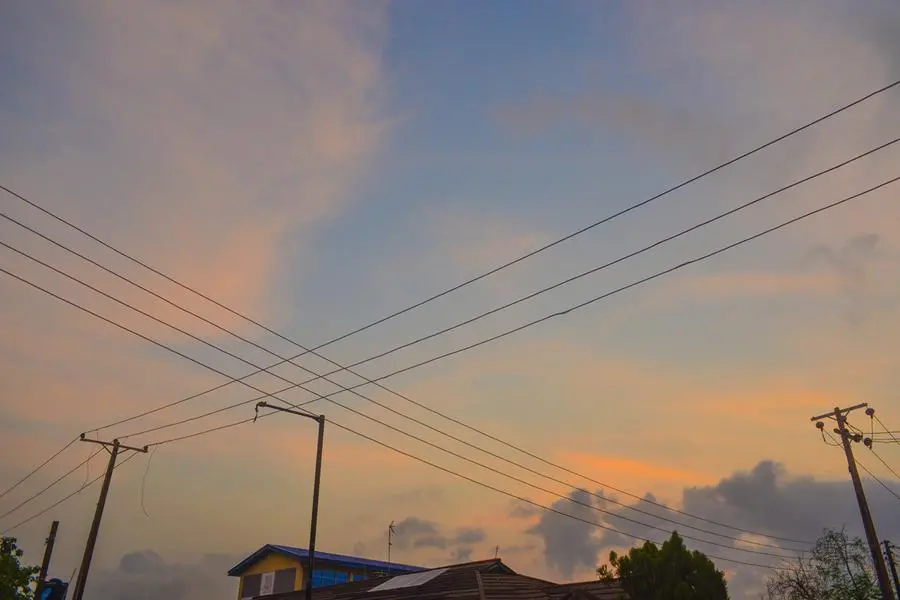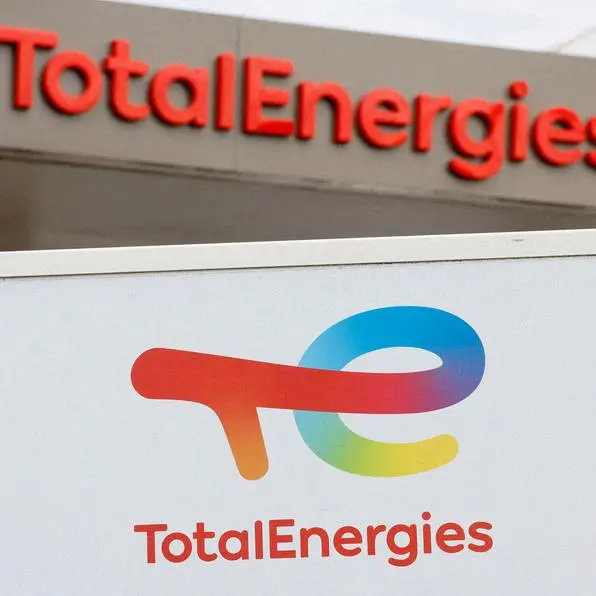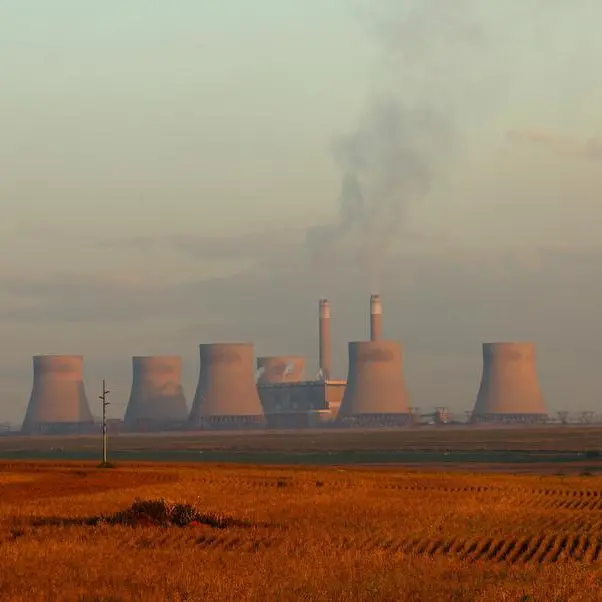PHOTO
LAST week, the Nigerian Electricity Regulatory Commission (NERC) announced a substantial increase in electricity tariff for consumers who enjoy power supply for 20-24 hours daily. It categorised such users as Band A, constituting about 15 percent of the total electricity consumers in the country. Consumers in Band A, according to NERC, will now pay N225 per kilowatt-hour, up from the N68/kWh being paid before. That is about 240 percent hike in electricity tariff in one fell swoop! It is yet unclear how the authorities arrived at this percentage hike without giving a thought to how the huge increase in tariff will impact the cost structures of manufacturers and businesses which constitute a significant proportion of the Band A category. And by implication, there is no consideration for the effect of the tariff increase on the prices of goods produced by these manufacturers.
Yes, this significant hike in electricity tariff will create shocks in the production plan and costing programme of producers and, ultimately, they will pass the increased cost of production to the consumers by way of higher prices of their products. Coming at an austere time when citizens are literally writhing in the pain and hardship inflicted on them by fuel subsidy removal in May last year, it is difficult to comprehend the intention of the government. Is it genuinely interested in propping up the tottering economy?
The country’s economic managers must realise that strict adherence to the Bretton Woods institutions’ economic prescriptions can sometimes be catastrophic, especially in a developing economy that lacks proper structures that can engender resilience in times of volatility. Again, they should be wary of the usual advisory by multilateral institutions that developing economies be managed in a fashion that robs them of compassion. In other words, the official obsession for cancelling anything subsidy has to be rethought as there is hardly any economy in the world where citizens do not enjoy one form of subsidy or another.
As expected, manufacturers and the organised labour have kicked against the Federal Government’s 240 percent hike in the tariff payable by electricity users enjoying a 20-hour power supply. They insisted on electricity subsidy, warning that its removal would send manufacturers out of business and worsen inflation. The implication of the new tariff for consumers in Band A is that subsidy on electricity has been withdrawn completely from a category of power consumers who constitute about 15 percent of the total number of power users across the country. And surprisingly, the government declared that the decision took effect from Wednesday last week, the very day of its press briefing and announcement of a hike in tariff!
Related PostsElectricity tariff hike: Increments must translate into consumers’ satisfaction —LCCIAgriculture: Solution to hunger, inflation, food insecurityIn Nigeria, is electricity no longer for the poor?
The country may witness yet another nationwide strike presently, as the Nigerian Labour Congress (NLC), too, has threatened to shut down the country if the government does not stop the implementation of the new tariff structure. And this time around, the organised private sector and the Trade Union Congress (TUC) are also kicking against the tariff hike. They argue that the hike would send manufacturers out of business, worsen inflation, and stifle small and medium enterprises, adding that no place in Nigeria enjoys up to 20 hours of power supply daily. Yet, Band B and A power users are supposed to be those who get up to 20 hours supply of electricity daily and paid about N68/kWh before the implementation of this latest order by the Federal Government through NERC. Not a few Nigerians are finding it difficult to see what exactly the government has succeeded in doing for them beyond introducing policies that exacerbate poverty and misery in the land. The government keeps treating the idea of subsidy as anathema while doing next to nothing for the people.
What power are the discos supplying in the face of the incessant collapse of the grid and the grossly inadequate supply regime? At some point, something will have to give, as the hike in the electricity tariff is nothing but a double killer at a very austere time when the economy is in shambles. Why should the government increase tariff on a product or service that is virtually not available on demand by consumers? What are they paying for? Industries run on generating sets with attendant huge cost implications for manufactured goods. Many medium and small scale manufacturing companies have closed down, relocated to neighbouring countries, or become accustomed to producing at non-optimal levels and rates due to the abysmal state of public power supply.
No doubt, the latest tariffs will further stifle the manufacturing sector, exacerbate job losses, and create socioeconomic dislocations. Meanwhile, the government keeps mouthing the imperative of the ease of doing business in the country, yet it is not only unable to supply adequate power infrastructure, which is very critical, but is also dispensing the little it supplies at prices which do not guarantee value for money. It needs to be reminded that the idea of bands delineation and discriminatory pricing on the basis of the number of hours of power supplied daily is a serious indictment on its ability to address the power supply situation in the country despite the enormous resources that have been sunk into the power sector. Why should anyone be talking of Bands A – E in Nigeria when citizens in saner climes are enjoying uninterrupted power supply? The irony is that NERC’s band categorisation is not even exhaustive as there are many locations, even in cities, where citizens do not enjoy 30 minutes of electricity per day, yet NERC would have Nigerians believe that consumers in the least category, Band E, enjoy 4-8 hours of power supply daily!
And worse still, there is no mention of the time that band categorisation and price discrimination will end, an indication that there is no serious plan to change the status quo in the sector in foreseeable future. We would have thought that the official focus should be on tweaking the abysmal power supply situation before official attention is shifted to what is regarded in the official circles as appropriate pricing. Yes, appropriate pricing is likely to attract investments into the sector, but that may not happen at an inauspicious time like this when consumers have suffered significant erosion in their disposable incomes as a result of the unfriendly policies of the government. The product should be made available sufficiently to consumers to warrant any hike in tariffs. We consider the new tariff announced by NERC to be totally unjust, inhuman, distasteful and offensive to logic and reasoning.
It is really concerning that the country is still struggling with the provision of power infrastructure that is critical to revving up the engine of economic growth and development after many decades. Until there is adequate power supply, the government is enjoined to do whatever it takes to facilitate adequate generation, transmission and distribution of electricity in the country without a recourse to astronomical hike in tariff. Citizens and businesses in the country deserve to feel the positive impact of government in their affairs. Exacerbating their already disastrous socioeconomic conditions is evil.
Copyright © 2022 Nigerian Tribune Provided by SyndiGate Media Inc. (Syndigate.info).





















